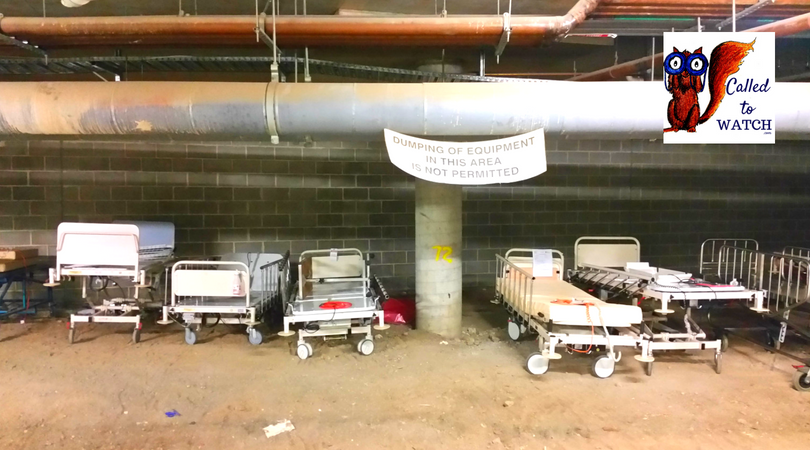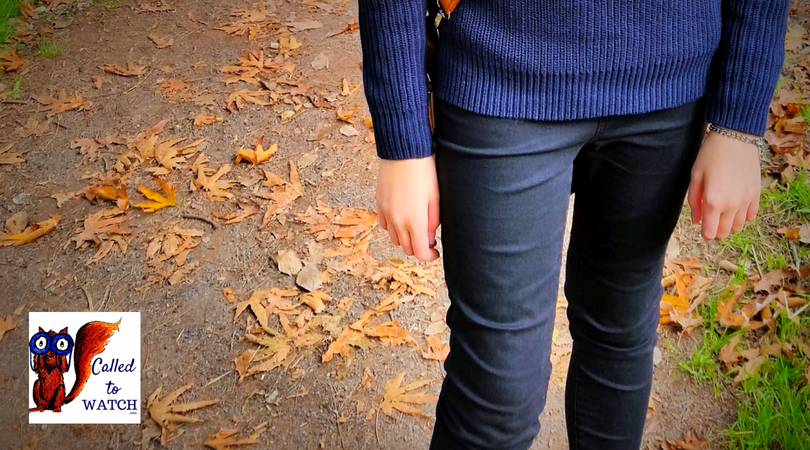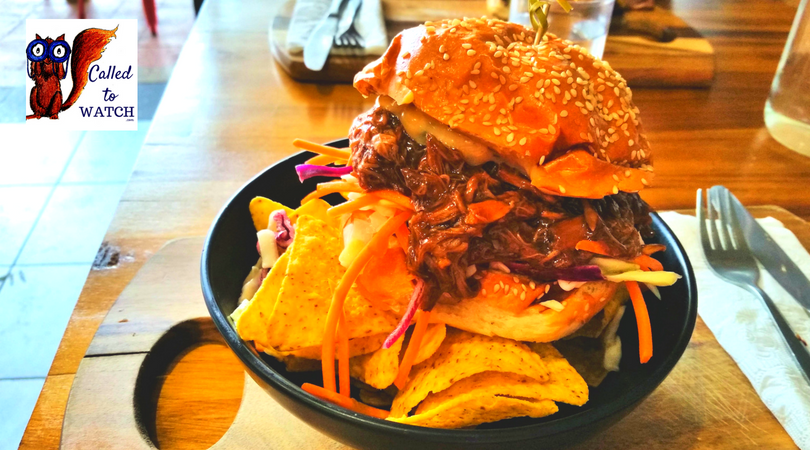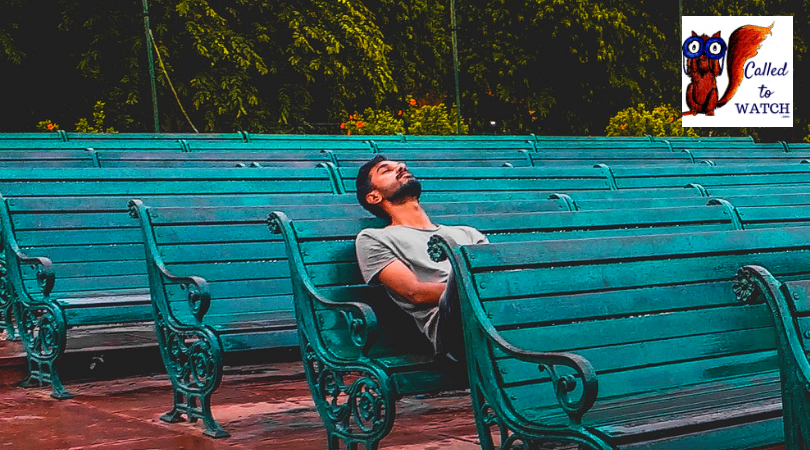Today’s post is my thoughts in regards to a series of questions I was asked by Wendy.
Q1. Why does it seem noble to sacrifice personal comfort to serve God in a third world country, but not to sacrifice your energy (as someone who has chronic fatigue) to serve in my own country?
Firstly, I think you’re right when you say there’s a difference between giving up your health security in a general sense (moving to a 3rd world country) and specifically sacrificing it, knowing exactly what the consequences will be.
Both scenarios involve potential daily suffering, but they are different, and I think it’s very important to acknowledge that at the very beginning.
Continue reading “I have a chronic illness: Is God calling me to sacrifice my health?”






